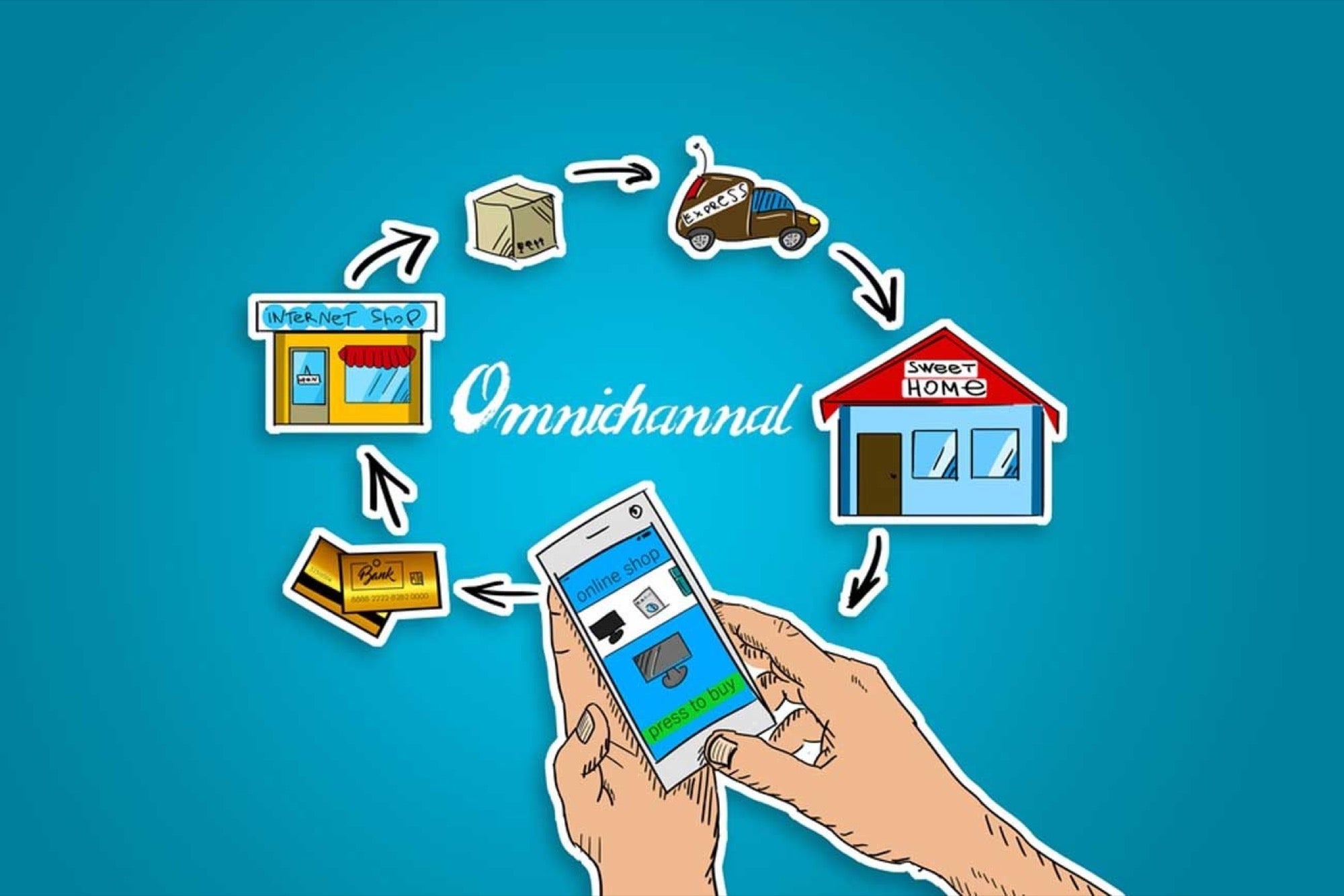Can Omni Presence Overpower Brick And Mortar The joy and trust are doubled when retailers are operating through multiple channels, online and offline.
You're reading Entrepreneur India, an international franchise of Entrepreneur Media.

Furniture is an imperative part of everyone's home and these items are usually considered as prized possessions given their size and value. This is why in India people had been used to buying bigger items like furniture only from actual brick and mortar furniture stores. But with online stores barging into this industry, retail outlets have taken a back seat.
Online shopping has not only provided us a seamless platform for shopping but has also come across as a blessing to the retailers. Sellers have the power to enjoy an omnichannel model of retail, giving them massive popularity over the traditional retail stores.
People are attracted towards online buying because the online industry offers unbeatable range, variety, discounts and more for every product or service which is why it is both attractive and convenient. The joy and trust are doubled when retailers are operating through multiple channels, online and offline.
If we follow the buying trend of furniture over the decades, we find that the people now prefer the omnichannel over the physical furniture stores. This multi-channel method is extremely customer friendly as it provides them with a seamless shopping experience whether he or she is shopping online from a desktop or through a mobile app. It also drives the growth in retailing as the retailers can enjoy their presence across all channels. The era of brick-and-mortar furniture businesses may be a thing of the past.
Before we move forward and understand the switch from the era of brick and mortar furniture to online shopping, we must know the current eCommerce growth trajectory.
The growth eCommerce market saw a quantum jump. As per Google India, the number of online shoppers in India is likely to cross the 100 million mark by the end of 2016, rising from 35 million in 2014 Q1. According to another report, Juniper Research two billion smartphone or tablet users globally will be making more eCommerce transactions through mobile before 2017 comes to an end.
India is already ranking as the second largest market by user numbers with 3 internet users being added every second. Moreover, internet penetration in India is expected to touch 59 per cent by the end 2020.
We can understand the significant shift from retail stores to online shopping by the fact that eCommerce is growing at 35 per cent CAGR. Also,online shoppers in India in 2015 was approximately 50 million and is still expected to go up to320 million in the year 2020.
Why go for omnichannel retail?
With the population of urban buyers increasing and with their incomes coming in at a steady rate, everyone wants to create a home which has stylish furniture, furnishings, and décor items but only if they are available conveniently.
Due to the paucity of time in today's busy lifestyle, no one wants to store-hop but rather use their computer savviness to select stuff online and get it delivered at their doorstep. Omnichannel offers that flexibility to the consumer where they can go to a retail store, check out the products physically, and then order them online from wherever comfortable while also availing great discounts.
It is therefore, imperative for the retailers too to change their business modus operandi and sail according to the on-going trends and current requirements. They must make sure to be available to the consumer at any place, anytime, and through any medium.
Another added advantage of omnichannel over retail stores is the ease of making data-driven decisions. It is far easier in the case of online selling to analyse and measure performance against benchmarks by using specialized web analytics tools for more actionable insights. According to a report by McKinsey, companies that make extensive use of customer analytics see a 126% profit improvement over competitors.
Retail stores majorly depend on their old customers who are loyal and visit the store every time. While this may not be a bad approach, the challenge in this format is the lack of real estate. For instance, no retailer can display 2000 products in a store but it's a piece of cake to display them on an e-commerce platform.
Also, the price is a major advantage that online furniture shopping offers. Omnichannel offers the freedom to surf through anything and everything without having to face any embarrassment or hesitation in stepping into a showroom which has products more than the buyer's budget. With so many benefits of omnichannel retail, unquestionably it has an edge over retailers who are still stuck with only the brick and mortar stores.











